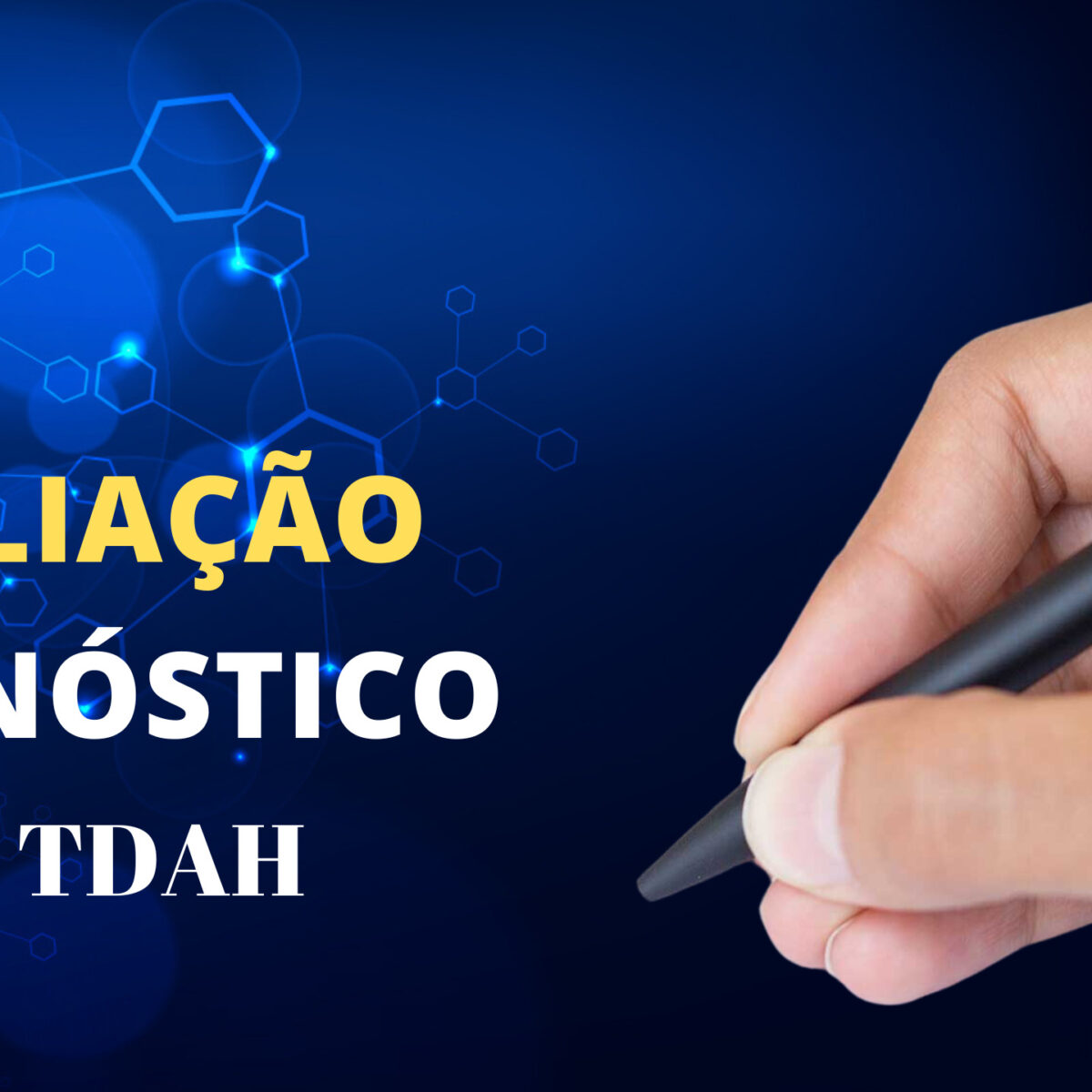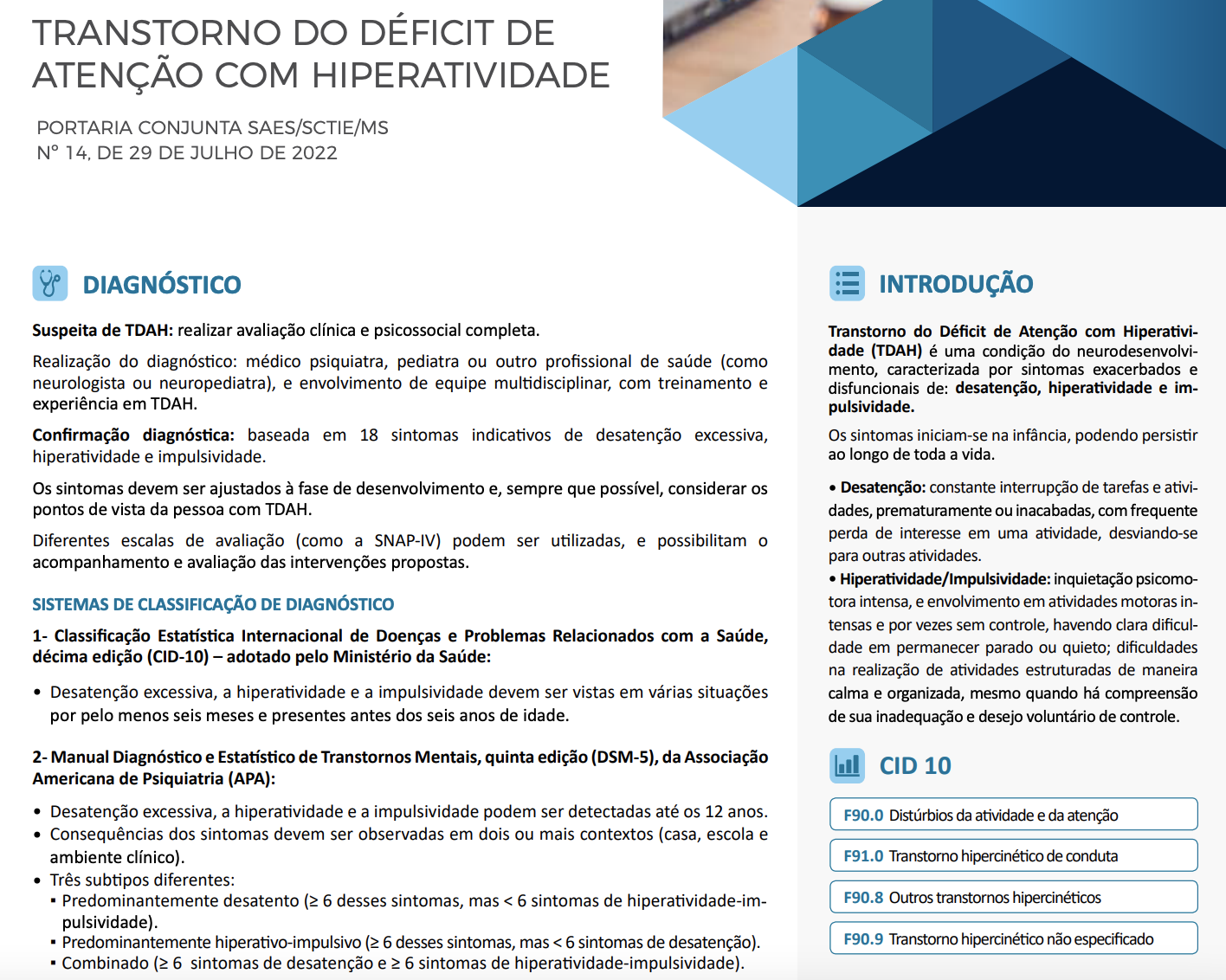Hey there, friend! If you've been diving into the world of mental health and brain-related conditions, you've probably stumbled upon the term "CID TDH." It’s a buzzword that’s been floating around, and it’s time to demystify what it truly means. CID TDH, or more commonly known as ADHD (Attention Deficit Hyperactivity Disorder), is a neurodevelopmental condition that affects millions of people worldwide. But what exactly is it, and why does it matter? Let’s dive in and explore this fascinating topic together.
Now, I know what you’re thinking—“Why does this matter to me?” Well, whether you’re someone who’s been diagnosed with CID TDH, a parent trying to understand your child’s behavior, or just curious about how the brain works, this article is for you. CID TDH isn’t just about being hyperactive or distracted; it’s a complex condition that impacts daily life in ways you might not realize. Stick around, and let’s break it down step by step.
Before we jump into the nitty-gritty, let’s set the stage. CID TDH isn’t a one-size-fits-all condition. It affects everyone differently, and understanding it can make a world of difference in how we approach it. So, if you’re ready to learn, let’s get started!
What Exactly is CID TDH?
Alright, let’s start with the basics. CID TDH, as we mentioned earlier, is essentially ADHD. It’s a condition that affects how the brain processes information, leading to challenges with attention, impulse control, and hyperactivity. But here’s the kicker—it’s not just about being “hyper” or “distracted.” CID TDH is a legit neurodevelopmental disorder that impacts millions of people globally.
According to the CDC, around 9.4% of children in the U.S. have been diagnosed with ADHD, and the numbers are rising. But what does this mean for you or someone you know? Let’s break it down further.
Key Symptoms of CID TDH
Now, here’s where things get interesting. CID TDH presents itself in different ways, depending on the person. But there are some common symptoms that pop up frequently. Take a look:
- Difficulty focusing on tasks
- Impulsivity or acting without thinking
- Excessive energy or restlessness
- Forgetfulness or losing things often
- Struggling to follow instructions
These symptoms can show up in different combinations, and they can vary in intensity. So, if you or someone you know has been feeling like they’re “all over the place,” it might be worth exploring further.
Understanding the Science Behind CID TDH
Okay, now let’s dive a little deeper into the science. CID TDH isn’t just a behavioral issue—it’s rooted in brain chemistry. Research shows that people with CID TDH have differences in how their brains produce and use neurotransmitters like dopamine and norepinephrine. These chemicals play a big role in attention, motivation, and focus.
Studies from reputable sources like the National Institute of Mental Health (NIMH) suggest that these differences can affect how the brain processes information. It’s like having a superpower that sometimes feels more like a challenge. But hey, every challenge has a solution, right?
How Is CID TDH Diagnosed?
Diagnosing CID TDH isn’t as simple as ticking a few boxes. It requires a thorough evaluation by a healthcare professional. This usually involves:
- Interviews with the person and their family
- Behavioral assessments
- Medical history review
It’s important to note that there’s no single test that can diagnose CID TDH. It’s all about gathering information and putting the pieces together. So, if you suspect you or someone you know might have CID TDH, it’s worth consulting a professional.
Common Misconceptions About CID TDH
Alright, let’s clear up some myths. CID TDH has been surrounded by a lot of misconceptions over the years. Here are a few you might have heard:
- Misconception 1: CID TDH is just an excuse for bad behavior. Fact: CID TDH is a legitimate medical condition backed by science.
- Misconception 2: Only kids can have CID TDH. Fact: Adults can have CID TDH too, and it often goes undiagnosed.
- Misconception 3: People with CID TDH are just lazy. Fact: It’s not about laziness—it’s about brain chemistry.
Clearing up these misconceptions is crucial for creating a more understanding and supportive environment for those with CID TDH.
Treatment Options for CID TDH
So, what can you do if you or someone you know has CID TDH? The good news is that there are plenty of treatment options available. These can include:
- Medication: Stimulants like Adderall and non-stimulants like Strattera can help manage symptoms.
- Therapy: Behavioral therapy and cognitive-behavioral therapy (CBT) can be game-changers.
- Lifestyle Changes: Simple tweaks like better sleep, regular exercise, and a healthy diet can make a big difference.
It’s all about finding the right combination that works for you. And remember, there’s no shame in seeking help—it’s a sign of strength.
Medication: The Pros and Cons
Medication is often a hot topic when it comes to CID TDH. While it can be super effective for many people, it’s not without its challenges. Some common side effects include:
- Appetite suppression
- Sleep disturbances
- Mood swings
But here’s the deal—when used correctly and under the guidance of a healthcare professional, medication can be a lifesaver. It’s all about finding the right balance.
Living with CID TDH: Tips and Strategies
Living with CID TDH can be a rollercoaster, but with the right strategies, it can be manageable. Here are a few tips to help you navigate life with CID TDH:
- Break tasks into smaller, manageable steps.
- Use reminders and calendars to stay organized.
- Practice mindfulness to improve focus and reduce stress.
- Build a support system of friends, family, and professionals.
These small changes can add up to big improvements in your daily life. And remember, you’re not alone—there’s a whole community out there ready to support you.
Supporting Someone with CID TDH
If you’re a parent, partner, or friend of someone with CID TDH, you play a crucial role in their journey. Here’s how you can help:
- Be patient and understanding.
- Encourage them to seek professional help if needed.
- Celebrate their strengths and accomplishments.
It’s all about creating a supportive environment where they can thrive. And trust me, your support can make all the difference.
The Impact of CID TDH on Daily Life
CID TDH doesn’t just affect how someone behaves—it impacts every aspect of their life. From work to relationships to personal goals, it can be a constant challenge. But here’s the thing—with the right tools and mindset, it’s possible to turn those challenges into opportunities.
Take Sarah, for example. She was diagnosed with CID TDH as an adult and struggled with staying organized at work. But with the help of a therapist and some simple strategies, she turned her life around. Now, she’s thriving in her career and pursuing her passion projects. See, it’s all about finding what works for you.
Success Stories: Overcoming CID TDH
There are countless stories of people with CID TDH who have achieved amazing things. From entrepreneurs to artists to scientists, CID TDH hasn’t held them back—it’s fueled their creativity and drive. So, if you’re feeling stuck, remember this—you’re not defined by your diagnosis. You’re defined by how you choose to move forward.
Wrapping It Up: What You Need to Know About CID TDH
Alright, we’ve covered a lot of ground here. Let’s recap the key takeaways:
- CID TDH is a neurodevelopmental condition that affects attention, impulse control, and hyperactivity.
- It’s rooted in brain chemistry and can impact people differently.
- Diagnosis requires a thorough evaluation by a healthcare professional.
- Treatment options include medication, therapy, and lifestyle changes.
- Living with CID TDH is a journey, but with the right strategies, it’s manageable.
So, if you or someone you know has CID TDH, remember this—you’re not alone, and you’re not broken. You’re just wired differently, and that’s a beautiful thing. Now, I want to hear from you. Leave a comment below and share your thoughts or experiences. And if you found this article helpful, don’t forget to share it with your friends!
Until next time, stay curious and keep learning. You’ve got this!
Table of Contents
- What Exactly is CID TDH?
- Understanding the Science Behind CID TDH
- How Is CID TDH Diagnosed?
- Common Misconceptions About CID TDH
- Treatment Options for CID TDH
- Medication: The Pros and Cons
- Living with CID TDH: Tips and Strategies
- Supporting Someone with CID TDH
- The Impact of CID TDH on Daily Life
- Success Stories: Overcoming CID TDH



Detail Author:
- Name : Gabriella White
- Username : dare.dena
- Email : johnpaul.marvin@waelchi.com
- Birthdate : 1994-10-13
- Address : 52366 Nicolas Lodge East Alexaneland, CO 16765-2633
- Phone : 331-295-9406
- Company : Konopelski-Legros
- Job : Recreational Vehicle Service Technician
- Bio : Corrupti et assumenda in enim odit molestias officia. Eveniet quasi voluptatem nam doloremque iste eum. Veritatis in id dolores quia.
Socials
tiktok:
- url : https://tiktok.com/@kossd
- username : kossd
- bio : Est quas nobis aliquam consectetur incidunt libero.
- followers : 6331
- following : 258
facebook:
- url : https://facebook.com/dylankoss
- username : dylankoss
- bio : Et rerum doloremque itaque voluptatum. Reprehenderit aut magni et et.
- followers : 6832
- following : 645
instagram:
- url : https://instagram.com/kossd
- username : kossd
- bio : Ea qui saepe ab consequatur numquam omnis. Eum voluptas maxime porro qui.
- followers : 6215
- following : 1014
linkedin:
- url : https://linkedin.com/in/kossd
- username : kossd
- bio : Beatae occaecati iure inventore sed ullam.
- followers : 656
- following : 153
twitter:
- url : https://twitter.com/kossd
- username : kossd
- bio : Neque iste ullam sunt non. Natus quaerat recusandae provident mollitia. Voluptas commodi asperiores itaque. Nam non incidunt temporibus magnam.
- followers : 2123
- following : 2816